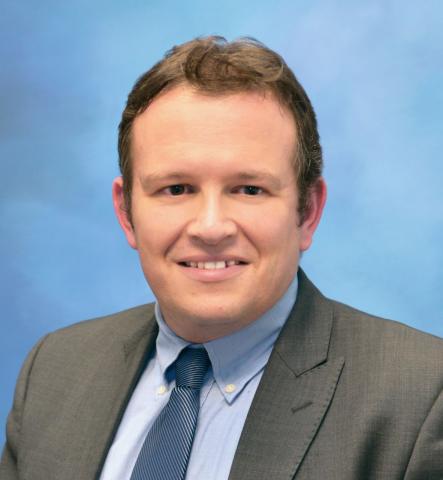C. Alberto Figueroa, Ph.D.
Edward B. Diethrich M.D. Professor of Biomedical Engineering and Vascular Surgery
Fellow, American Institute for Medical and Biological Engineering
University of Michigan
Seminar Information

Advances in numerical methods and three-dimensional imaging techniques have enabled the quantification of cardiovascular mechanics in subject-specific anatomic and physiologic models. Research efforts have been focused mainly on the following areas: i) pathogenesis of vascular disease, ii) development of medical devices, and iii) virtual surgical planning.
However, despite great initial promise, the actual use of patient-specific computer modelling in the clinic has been very limited. Clinical diagnosis still relies on traditional methods based on imaging and invasive measurements. The same invasive trial-and-error paradigm is often seen in vascular disease research, where animal models are used profusely to quantify simple metrics that could perhaps be evaluated via non-invasive computer modelling techniques. Lastly, medical device manufacturers rely mostly on in-vitro models to investigate the anatomic variations, arterial deformations, and biomechanical forces needed for the design of medical devices.
Our laboratory has been developing an open-source computer modelling framework for subject-specific cardiovascular simulation (CRIMSON) that aims to bridge the gap between the research lab and the clinic.
In this talk, we will provide an overview of the CRIMSON software and its capabilities, as well as of applications in the following areas:
- Arterial hypertension research using both animal models and human data.
- Combined perfusion-MRI and CFD methods to characterize hemodynamics in cerebrovascular occlusive disease patients.
- Short-term auto-regulation of hemodynamics in health and disease
Dr. Figueroa received his PhD in Mechanical Engineering at Stanford University, where he developed computational methods fluid structure interaction simulation of hemodynamics.
His first academic appointment was a King’s College London in the UK, where he was Senior Lecturer in the Division of Biomedical Engineering and Imaging Sciences.
Dr. Figueroa is currently the Edward B. Diethrich M.D. Professor in Biomedical Engineering and Vascular Surgery at the University of Michigan. His laboratory is focused on three main areas: 1) developing tools for advanced modeling of blood flow which combine advanced imaging and computational methods of fluid and solid mechanics. His group develops the modeling software CRIMSON (www.crimson.software); 2) studying the link between abnormal biomechanical stimuli and cardiovascular diseases such as hypertension and thrombosis; 3) simulation-based surgical planning to aid with the optimal planning of cardiovascular surgeries.
